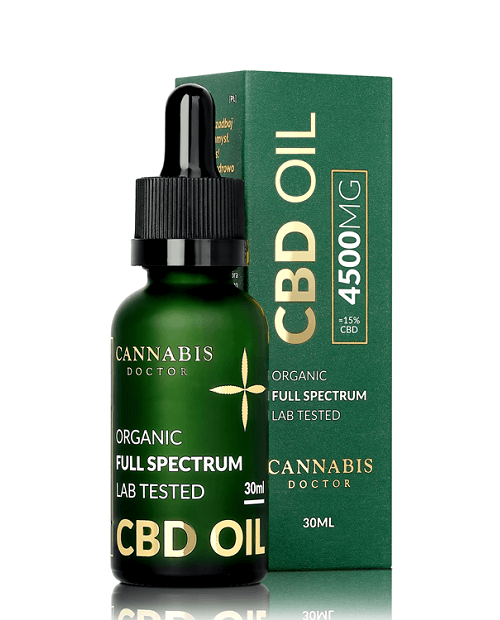CBD oil is made from the cannabinoid found in cannabis plants. Cannabidiol is a cannabinoid, a type of natural chemical compound found in marijuana and hemp plants. Unlike tetrahydrocannabinol (THC), cannabidiol does not produce a psychoactive effect. Spectrum CBD oil contains no THC.
To create CBD oil, manufacturers extract cannabidiol from the cannabis plant. The extraction process varies depending on the manufacturer, but it typically involves using either CO2 or ethanol to remove the cannabidiol from the plant material.
Once extracted, the cannabidiol is mixed with a carrier oil, such as MCT oil or hemp seed oil. The resulting mixture is then bottled and sold as CBD oil.
Spectrum cbd oil on the market are full spectrum, meaning they contain other cannabinoids and terpenes in addition to cannabidiol. These other compounds work together with cannabidiol to produce what is known as the entourage effect, which is believed to provide additional health benefits.

Image Source:Google
CBD oil is typically taken orally, either by itself or mixed into food or a drink. It can also be applied topically to the skin in the form of creams, salves, and lotions.
CBD oil is thought to provide a variety of health benefits, including reducing anxiety and relieving pain. However, there is limited scientific evidence to support these claims.
What Are The Benefits of full spectrum cbd oil?
Most of the potential health benefits associated with CBD oil are thought to result from its ability to interact with the endocannabinoid system (ECS). This system is a network of receptors and chemicals that play a role in many different bodily processes, including pain perception, immune function, sleep cycles, and mood. When CBD interacts with receptors in the ECS, it is thought to produce various beneficial effects.